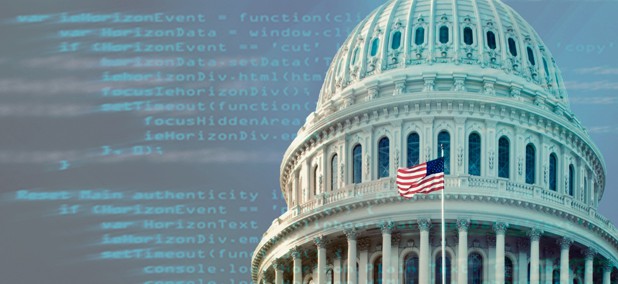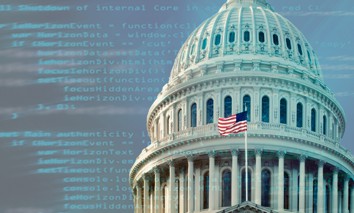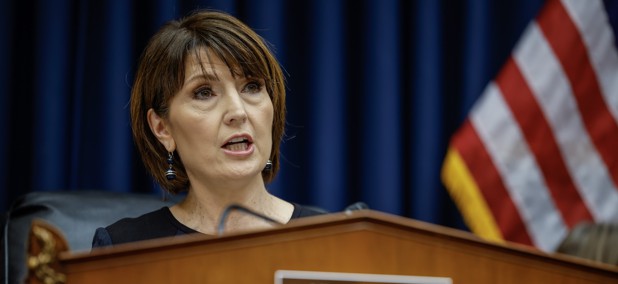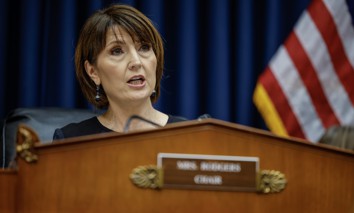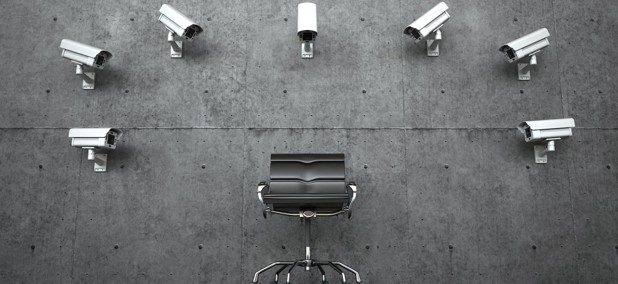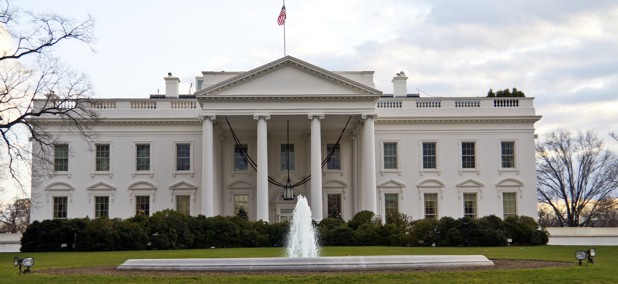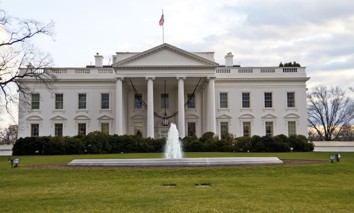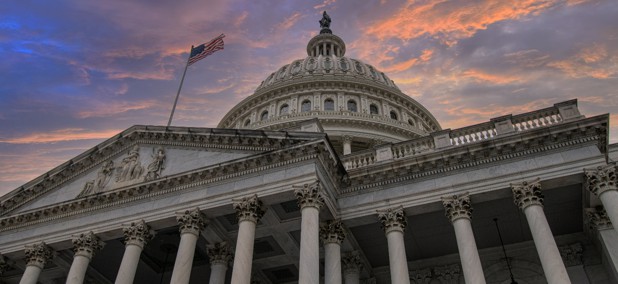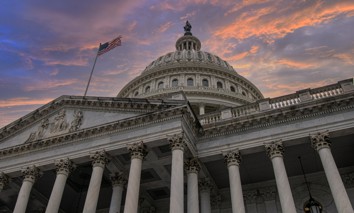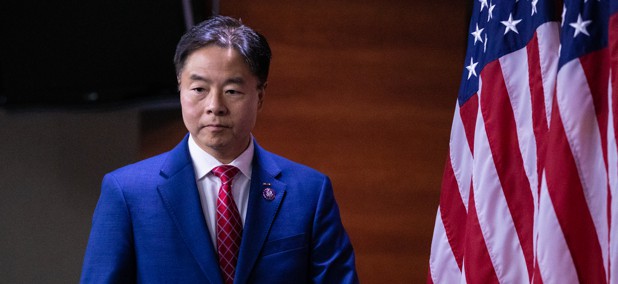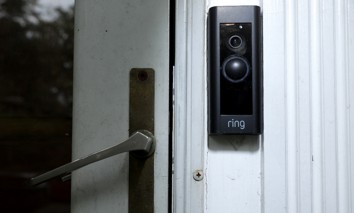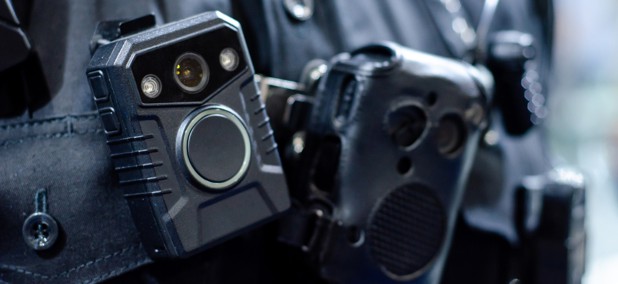Cybersecurity
Congress tries again for comprehensive data privacy bill
The bill would establish national data privacy standards, with the Federal Trade Commission crafting rules for enforcement.
Cybersecurity
Government funding bill punts extension of controversial spying power
Section 702 of the Foreign Intelligence Surveillance Act expires April 19 unless reauthorized by Congress, and an 11th-hour funding bill crafted to avert a partial government shutdown doesn't address the matter.
Cybersecurity
House advances bill empowering FTC to punish data transfers to foreign rivals
The unanimously approved legislation would give the FTC more enforcement power over data transfers to nations like China and Russia.
Policy
Lawmakers propose a new federal office to regulate workplace surveillance tech
The new bill from Reps. Chris Deluzio, D-Pa., and Suzanne Bonamici, D-Ore., would also establish new employee rights and employer transparency rules around surveillance.
Artificial Intelligence
Civil Rights commission digs into government use of facial recognition
The tech poses “serious threats to our fundamental rights,” the chair of the commission said during a Friday briefing.
Cybersecurity
Biden’s new data security order leaves industry officials, privacy advocates scratching their heads
Implementing the executive order will involve crafting new legal mechanisms for data transfers while assuaging ongoing privacy concerns.
Policy
Biden admin to seek surveillance court blessing to renew Section 702 program through next year
The Foreign Intelligence Surveillance Court will receive the White House filing next month.
Policy
Civil liberties groups urge Congress to keep 702 measures out of upcoming funding votes
Section 702 of the Foreign Intelligence Surveillance Act is set to expire on April 19 unless reauthorized by Congress.
Policy
Section 702 renewal could pass in funding bill, sources say
Backers of 702 reauthorization in the House Intelligence committee will likely use recent news of classified intelligence gathered using the surveillance power as a way to convince colleagues to support its renewal.
Emerging Tech
TSA uses ‘minimum’ data to fine-tune its facial recognition, but some experts still worry
The Transportation Security Administration is planning to expand its facial recognition scanners to more than 400 airports, an agency official said.
Cybersecurity
NCA celebrates National Data Privacy Week while CISA eyes new cybersecurity guidelines
The week’s themes reflect a new era where everything is interconnected and new threats like artificial intelligence are poised to make a big impact on cybersecurity.
Defense
NSA illegally purchases Americans’ internet data without a warrant, senator says
The NSA’s purchases of commercial metadata without a court order — revealed in documents exchanged with Sen. Ron Wyden — violate consumer protection laws, the Oregon Democrat claims.
Artificial Intelligence
FTC bans Rite Aid from using AI facial recognition for 5 years
After investigating its business practices, the Federal Trade Commission alleges that the pharmacy chain did not sufficiently protect its consumers’ digital privacy.
Cybersecurity
NIST issues guidance on a mathematical approach to data privacy
The draft document provides a system for adopting a differential privacy framework, and the agency is currently seeking feedback to ensure quality.
Policy
Nevada Dem renews push for data privacy standards
The legislation would require companies to be more transparent about privacy practices and authorize the FTC to make rules limiting data collection to "reasonable" business purposes.
Emerging Tech
House Dems seek guardrails for law enforcement’s use of facial recognition
The bill would require agencies to obtain a warrant showing probable cause that an individual has committed “a serious violent felony” before facial recognition can be used.
Artificial Intelligence
Spy agencies acquire commercial data with little coordination and few controls
The purchase of sensitive commercial data that is potentially traceable to individual Americans could be subject to new restrictions, according to a newly declassified report from the Office of the Director of National Intelligence.
Digital Government
Worried that your TV is listening to you? IARPA wants to safeguard your voice
The intelligence community’s research agency wants to develop technology to anonymize voices recorded by electronic devices and help safeguard privacy.
Digital Government
FTC charges Ring over 'disregard' for customer data security
The Federal Trade Commission has proposed stronger security protocols for home video surveillance company Ring after years of mounting concern over data privacy.
Policy

